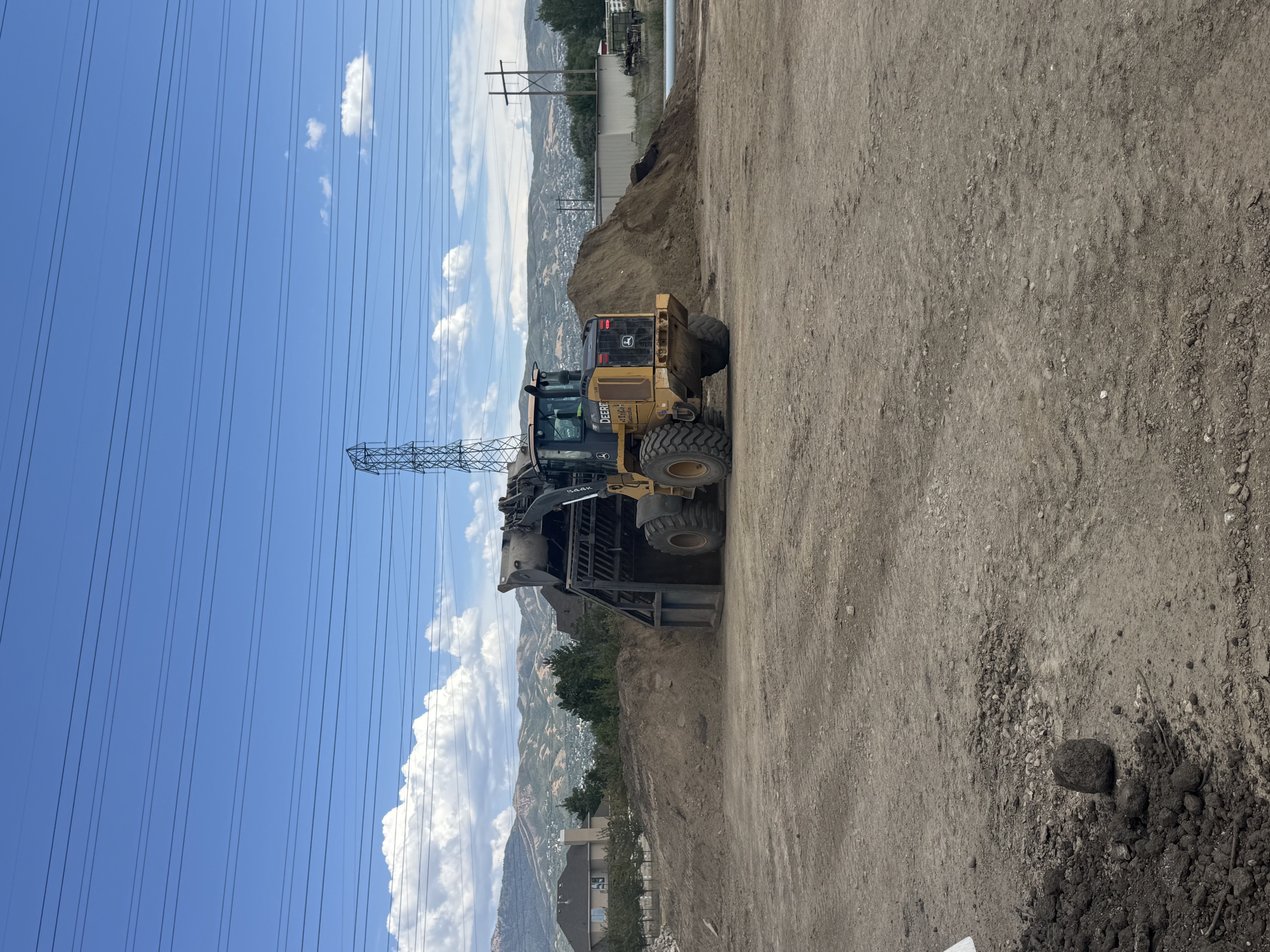
How Advanced Technology is Transforming Excavation Services Oct 04, 2025
Excavation has traditionally been labor-intensive, relying heavily on the skill and experience of operators. However, technological advancements have brought about a seismic shift in how operations are conducted. One of the significant innovations is the use of GPS technology. By integrating GPS systems into excavation machinery, operators can achieve precision that was previously unattainable. This ensures that projects are completed faster and with significantly higher accuracy, reducing material wastage and rework.
In addition to GPS, 3D modeling software has revolutionized the planning and execution stages of excavation projects. By creating detailed digital models of the site, engineers can anticipate potential issues and optimize the excavation plan before any earth is moved. This foresight not only saves time and money but also minimizes the environmental impact, which is an increasingly important consideration for clients and regulatory bodies.
Drones are another technological marvel making waves in the excavation industry. Equipped with high-resolution cameras and sensors, drones can survey large areas quickly and provide detailed aerial images that guide project planning and monitoring. These flying assistants allow for real-time updates, ensuring that any deviations from the plan are promptly addressed, thereby improving efficiency and project outcomes.
Safety, a paramount concern in excavation, has also benefited from technological advancements. The use of automation and remote-controlled equipment means that operators can execute tasks in hazardous environments from a safe distance, significantly reducing the risk of accidents. Moreover, advancements in wearable technology provide real-time health monitoring for field personnel, ensuring their well-being is prioritized.
Telematics is yet another technological advancement contributing to the transformation of excavation services. By enabling remote monitoring and diagnostics of equipment, telematics systems provide real-time data on the condition and performance of machinery. This predictive maintenance capability not only extends the lifespan of equipment but also prevents costly breakdowns and downtime, ensuring projects stay on schedule.
Furthermore, the Internet of Things (IoT) is increasingly being utilized to create smarter, more connected work sites. IoT devices installed in machinery and equipment provide valuable data that helps in decisions related to logistics, equipment utilization, and resource management. This connectivity allows project managers to optimize operations and respond swiftly to changing project needs.
As the demand for more efficient and sustainable excavation solutions grows, companies like Steed Trucking and Excavation understand the importance of leveraging advanced technology. By staying ahead of industry trends and continuously exploring new innovations, they ensure their clients receive services that are not only efficient but also environmentally conscious and cost-effective.
In conclusion, advanced technology is undeniably transforming the excavation industry, providing companies with the tools to improve efficiency, accuracy, and safety. By adopting these innovations, Steed Trucking and Excavation is setting new benchmarks in the industry, ensuring that their clients receive the highest quality of service in every project. As technology evolves, so will the possibilities for smarter and more sustainable excavation solutions, paving the way for a future that redefines what can be achieved.
/filters:no_upscale()/filters:format(webp)/media/0b2b8855-b714-42c8-b2ea-e83b11e1b2fd.jpeg)
/filters:no_upscale()/filters:format(webp)/media/5d85ced2-9f8e-4421-b092-80fb7325b7d7.jpeg)